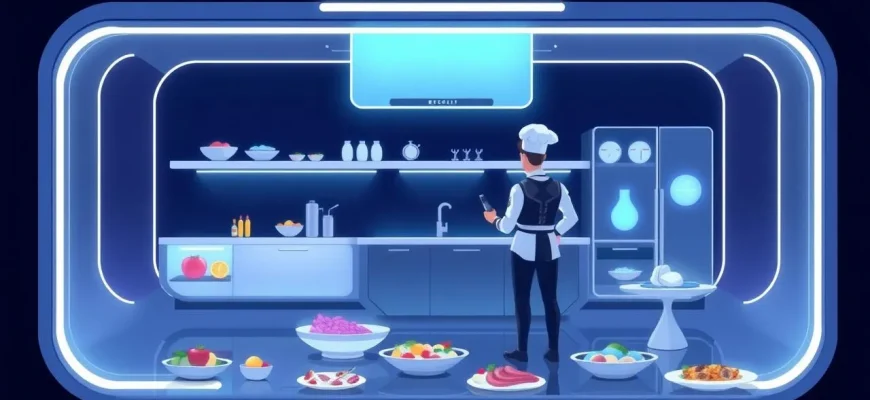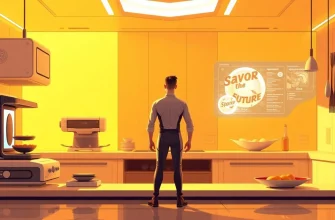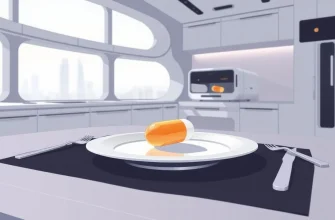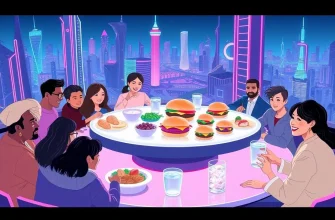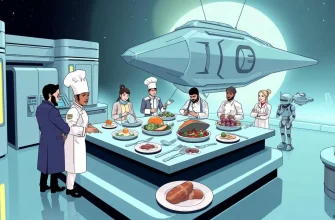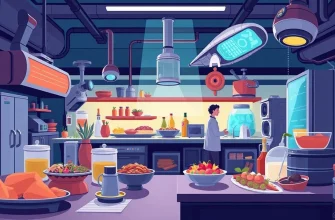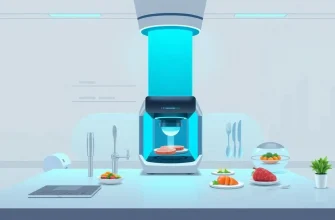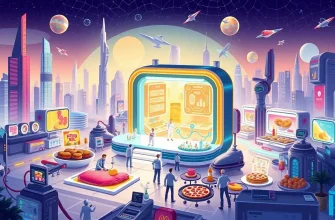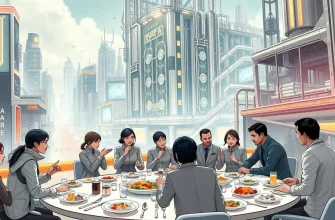Welcome to a world where the future meets the kitchen! This curated list of 10 sci-fi films not only explores the realms of imagination but also delves into the art of cooking. From interstellar chefs to futuristic food technologies, these movies offer a unique blend of science fiction and gastronomy, providing a feast for both the mind and the palate. Whether you're a foodie or a sci-fi enthusiast, these films promise to entertain and inspire with their imaginative culinary adventures.
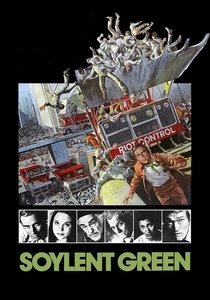
Soylent Green (1973)
Description: In a dystopian future where overpopulation has led to food shortages, Soylent Green introduces a mysterious food source. While not directly about cooking, it raises questions about food production and consumption, making it a thought-provoking addition to our culinary sci-fi list.
Fact: The film's title comes from the fictional food product, Soylent Green, which is revealed to be made from human remains. The phrase "Soylent Green is people!" has become a cultural meme.
 Watch Now
Watch Now 
Brazil (1985)
Description: In this dystopian satire, food plays a minor but significant role in depicting the absurdity of bureaucratic society, with scenes of characters eating in surreal settings.
Fact: The film was inspired by George Orwell's "1984" and Franz Kafka's "The Trial."
 Watch Now
Watch Now 
The Matrix (1999)
Description: Although primarily known for its virtual reality themes, The Matrix includes scenes where characters consume food in the real world, highlighting the contrast between artificial and natural sustenance.
Fact: The film's famous "bullet time" effect was developed specifically for this movie and has since influenced many other films.
 Watch Now
Watch Now 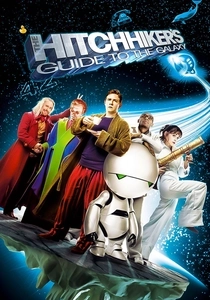
The Hitchhiker's Guide to the Galaxy (2005)
Description: This adaptation of Douglas Adams' novel features a scene where the characters enjoy a meal at the Restaurant at the End of the Universe, showcasing the absurdity of space travel and dining.
Fact: The film includes a cameo by Stephen Fry, who also provides the voice for the Guide in the movie.
 Watch Now
Watch Now 
Cloudy with a Chance of Meatballs (2009)
Description: This animated film features a young inventor who creates a machine that turns water into food, leading to a town where food literally falls from the sky. It's a whimsical take on food technology and the consequences of unchecked innovation.
Fact: The film was inspired by a children's book of the same name, but the plot was significantly altered for the movie.
 Watch Now
Watch Now 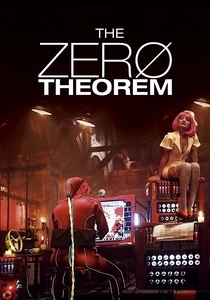
The Zero Theorem (2013)
Description: This film by Terry Gilliam features a protagonist who works on a formula to prove the meaninglessness of life, but includes scenes where food and dining are used to explore human connection and isolation.
Fact: The film was shot in Romania, which served as a stand-in for a futuristic, dystopian London.
 Watch Now
Watch Now 
The Lobster (2015)
Description: In this surreal dystopian film, single people are given 45 days to find a romantic partner or be transformed into animals. Food plays a role in the social dynamics and the film's unique narrative style.
Fact: The film's title refers to the animal the protagonist chooses to become if he fails to find a partner.
 Watch Now
Watch Now 
The Cook, the Thief, His Wife & Her Lover (1989)
Description: While not strictly sci-fi, this film's setting in a futuristic restaurant and its exploration of food as a means of power and seduction fits our theme. It's a dark, visually stunning exploration of gastronomy and human nature.
Fact: The film was banned in several countries due to its graphic content, but it has since gained cult status for its artistic merit.
 30 Days Free
30 Days Free 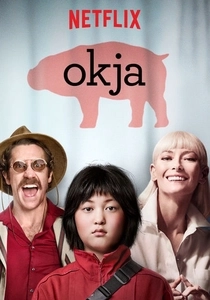
Okja (2017)
Description: While more focused on animal rights and corporate greed, Okja involves a genetically modified "super pig" that could revolutionize food production, fitting into our theme of futuristic culinary innovation.
Fact: The film was produced by Netflix and premiered at the Cannes Film Festival, sparking controversy over its distribution.
 30 Days Free
30 Days Free 
The Chef of South Polar (2009)
Description: This Japanese film tells the story of a chef who travels to Antarctica to cook for a research team, blending elements of survival and culinary art in an extreme environment.
Fact: The film is based on a true story of a chef who worked at the Japanese research station in Antarctica.
 30 Days Free
30 Days Free 
